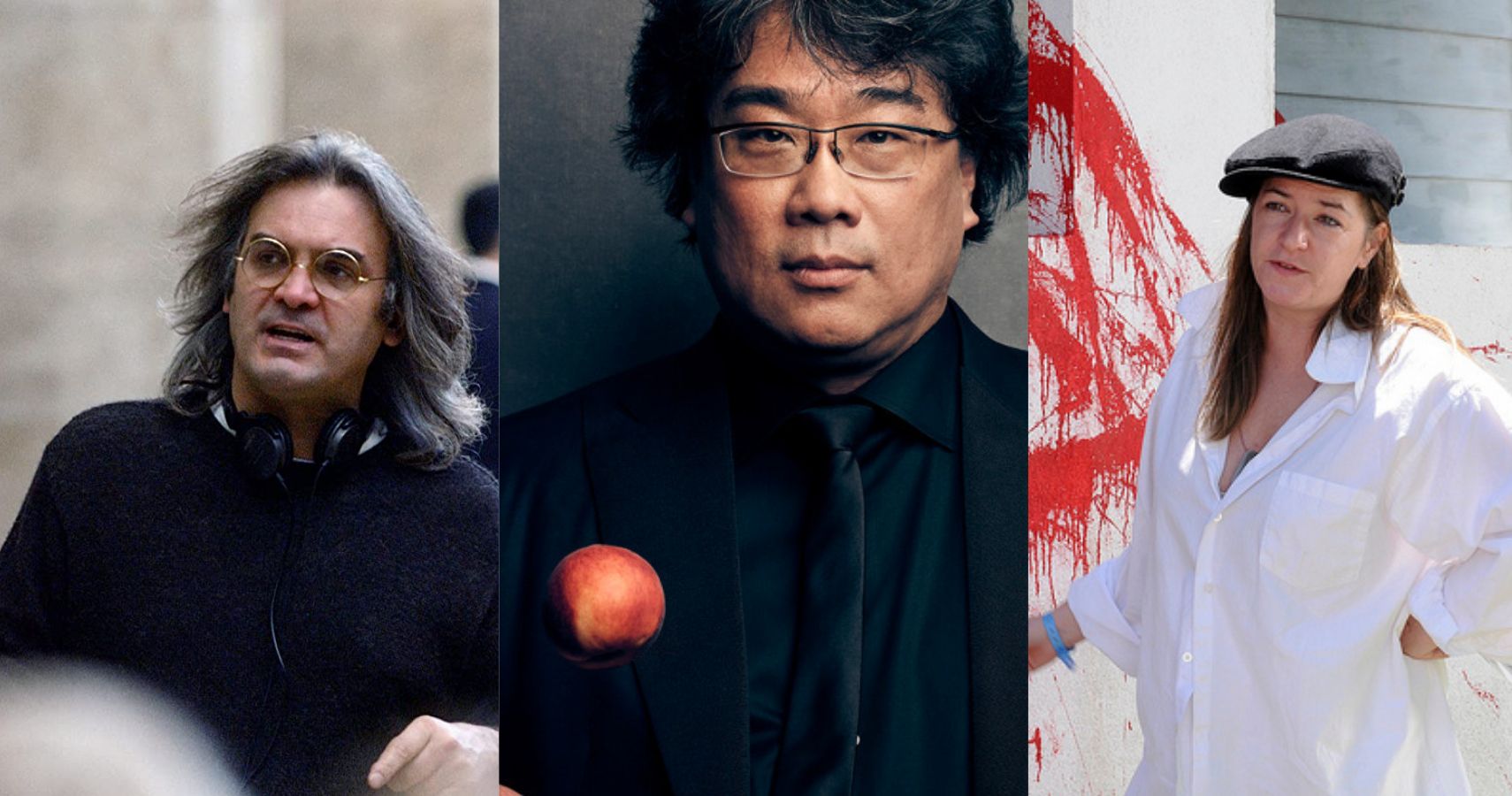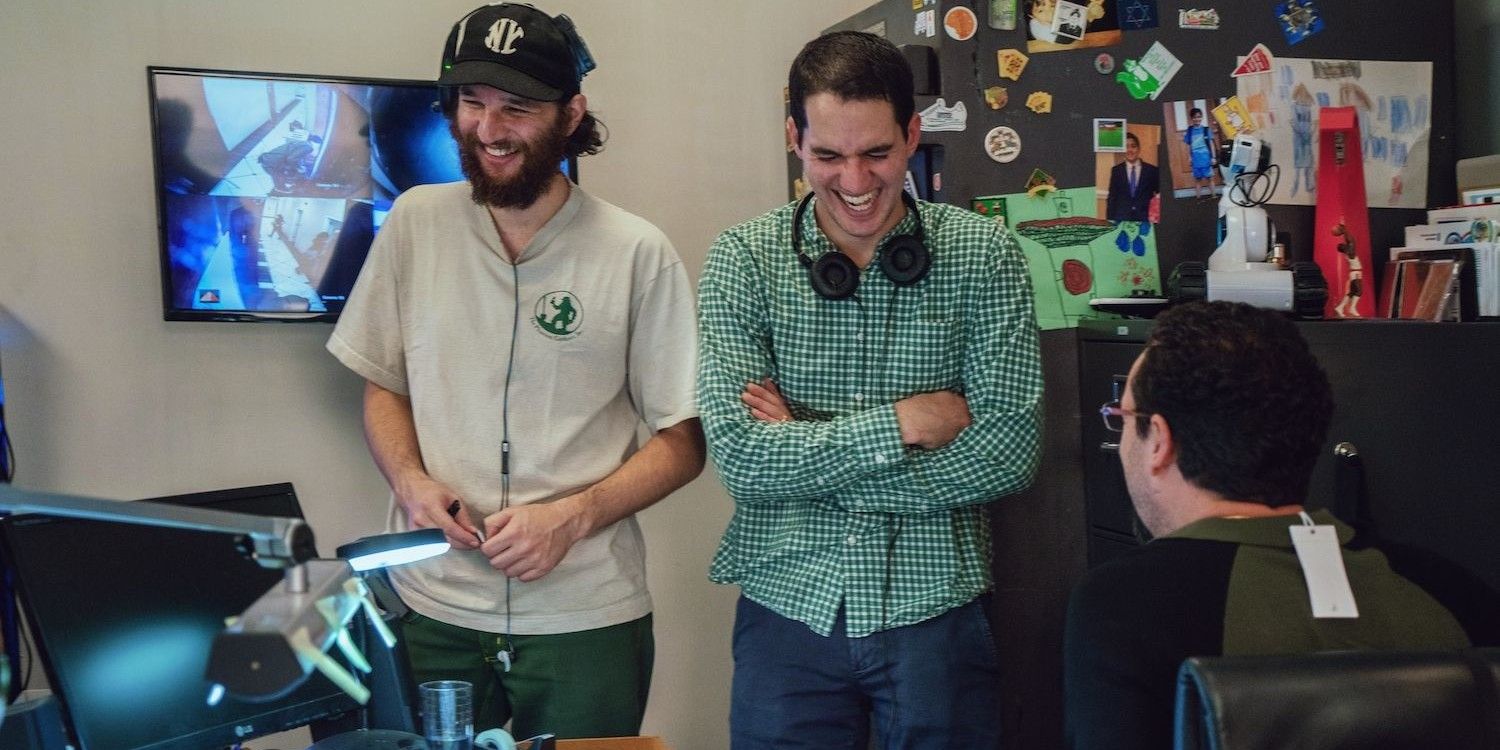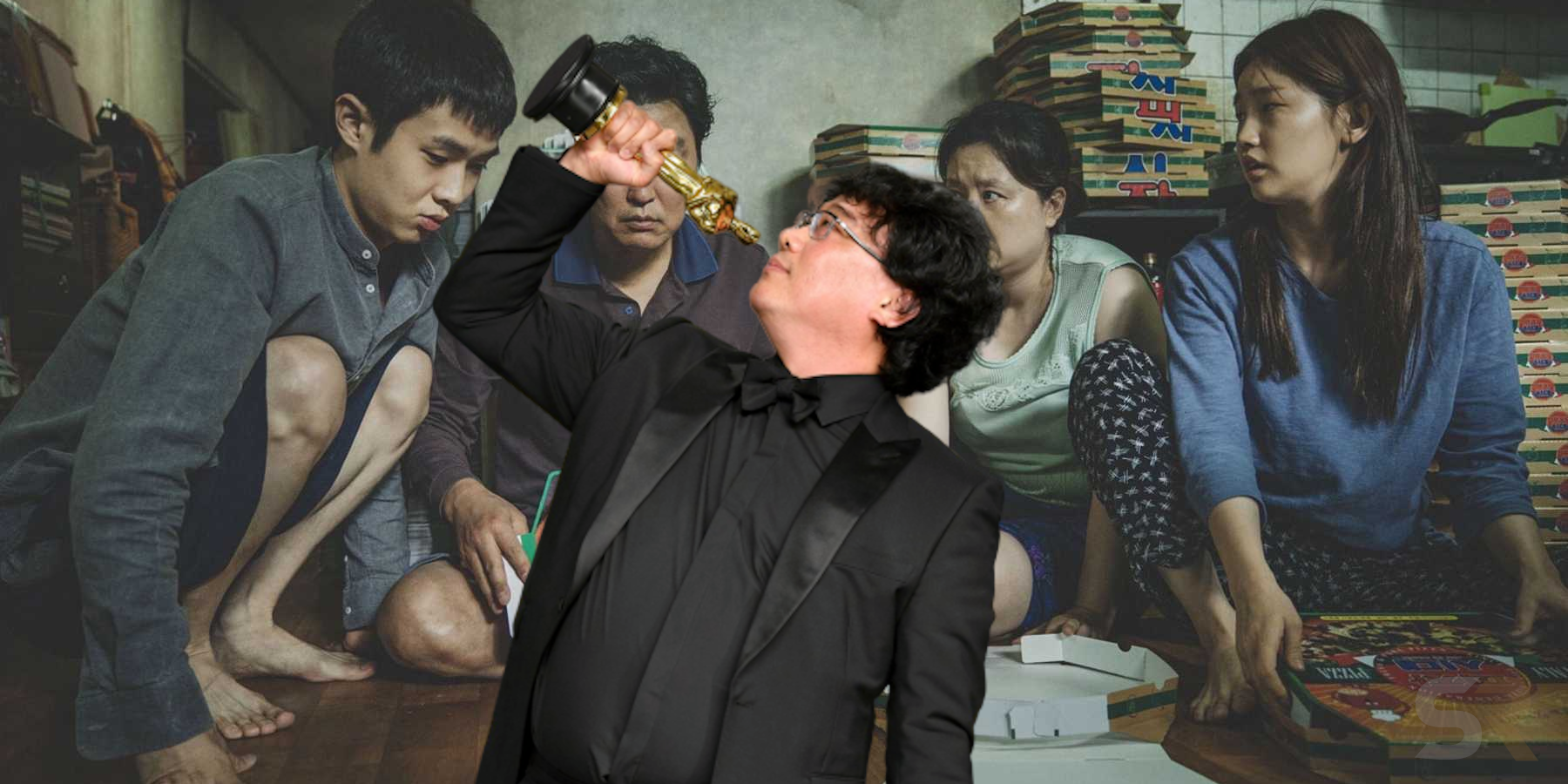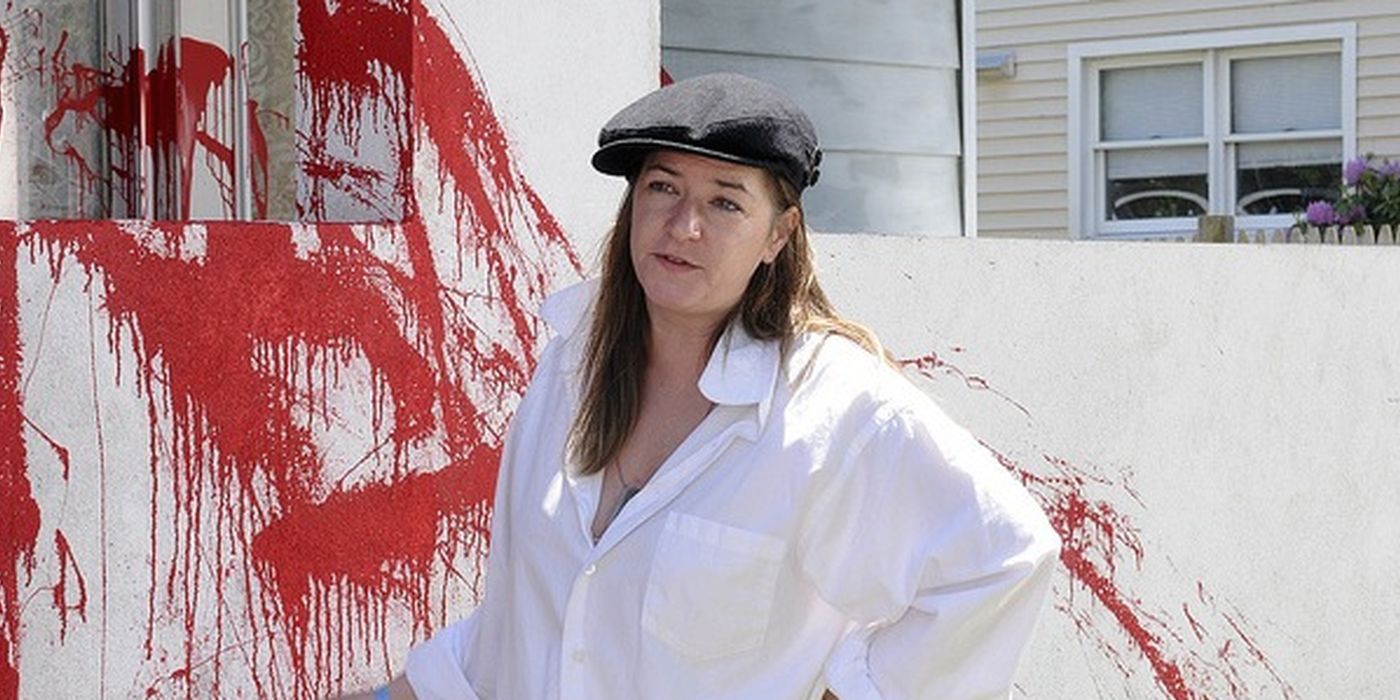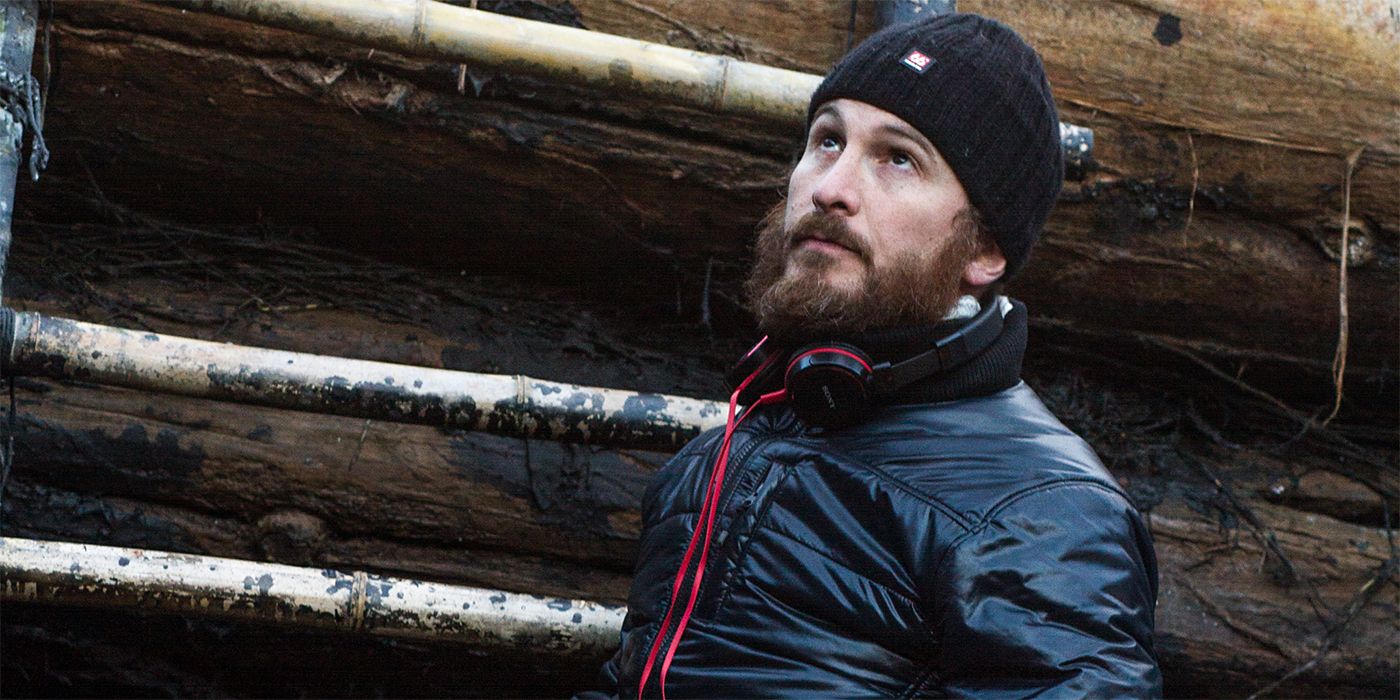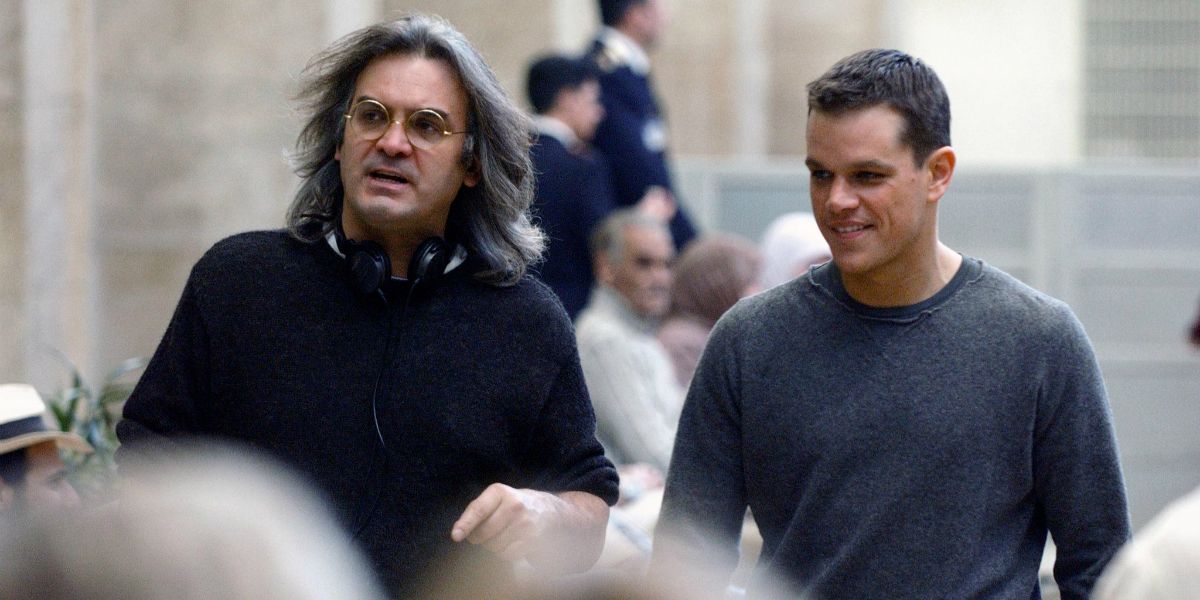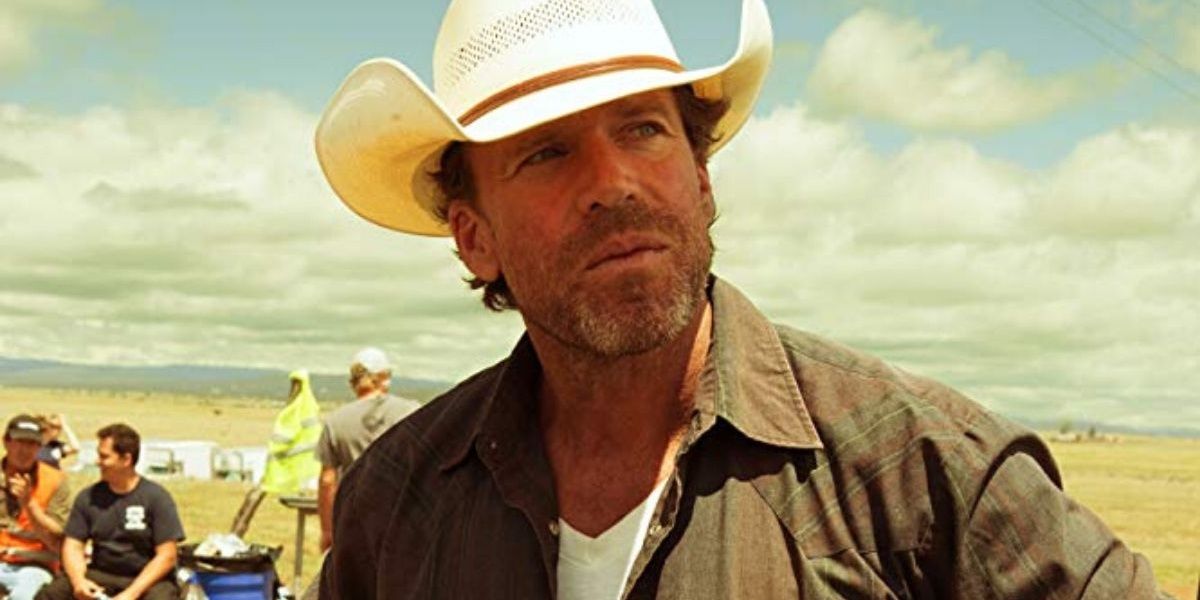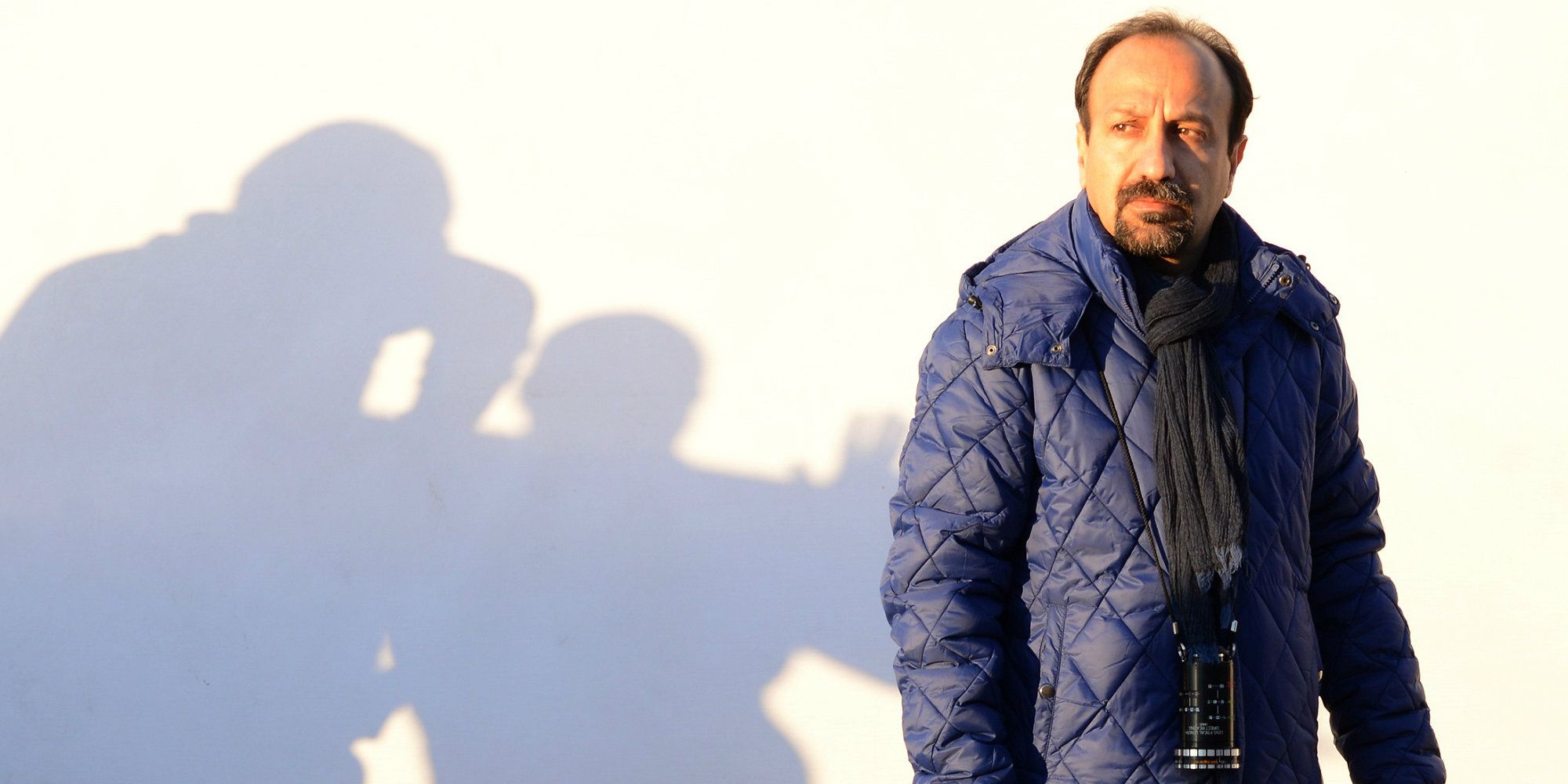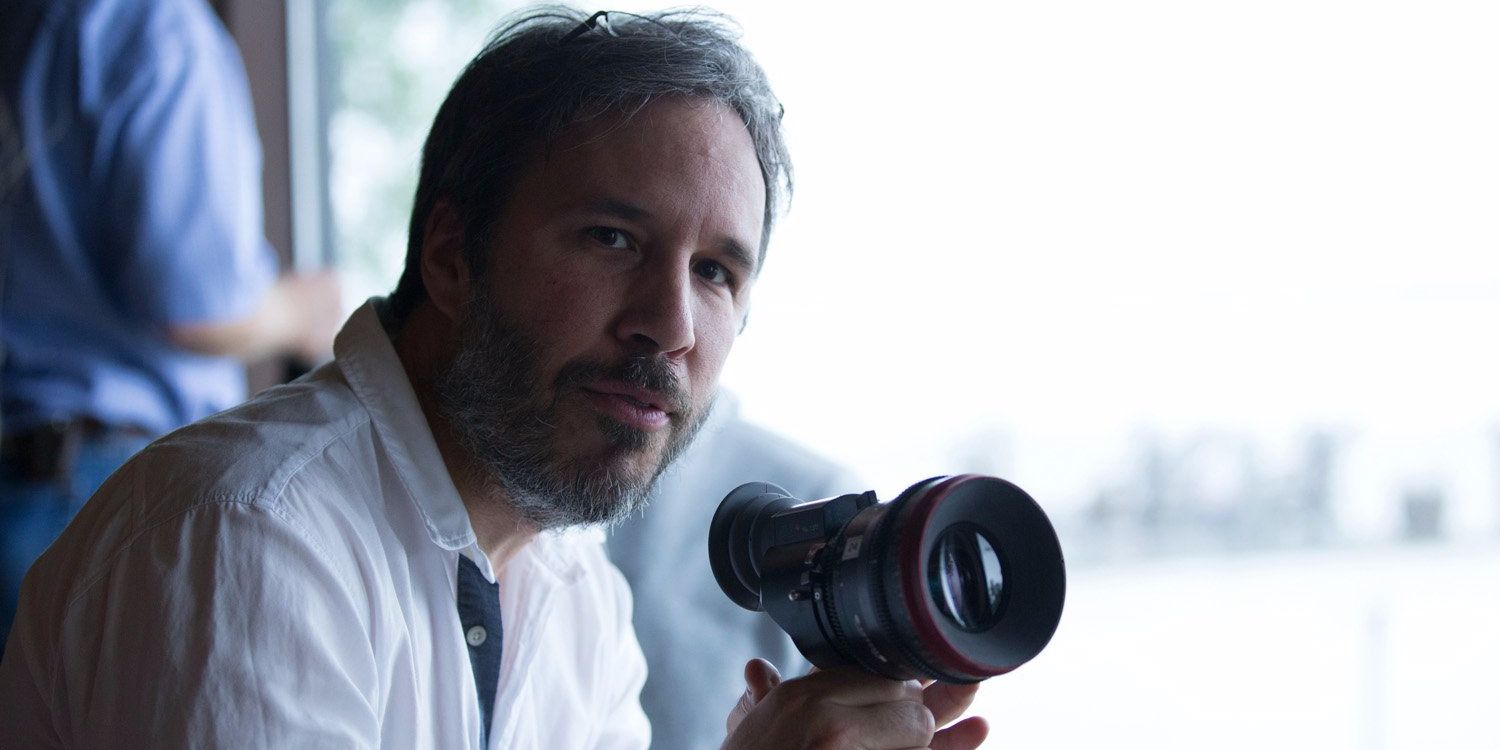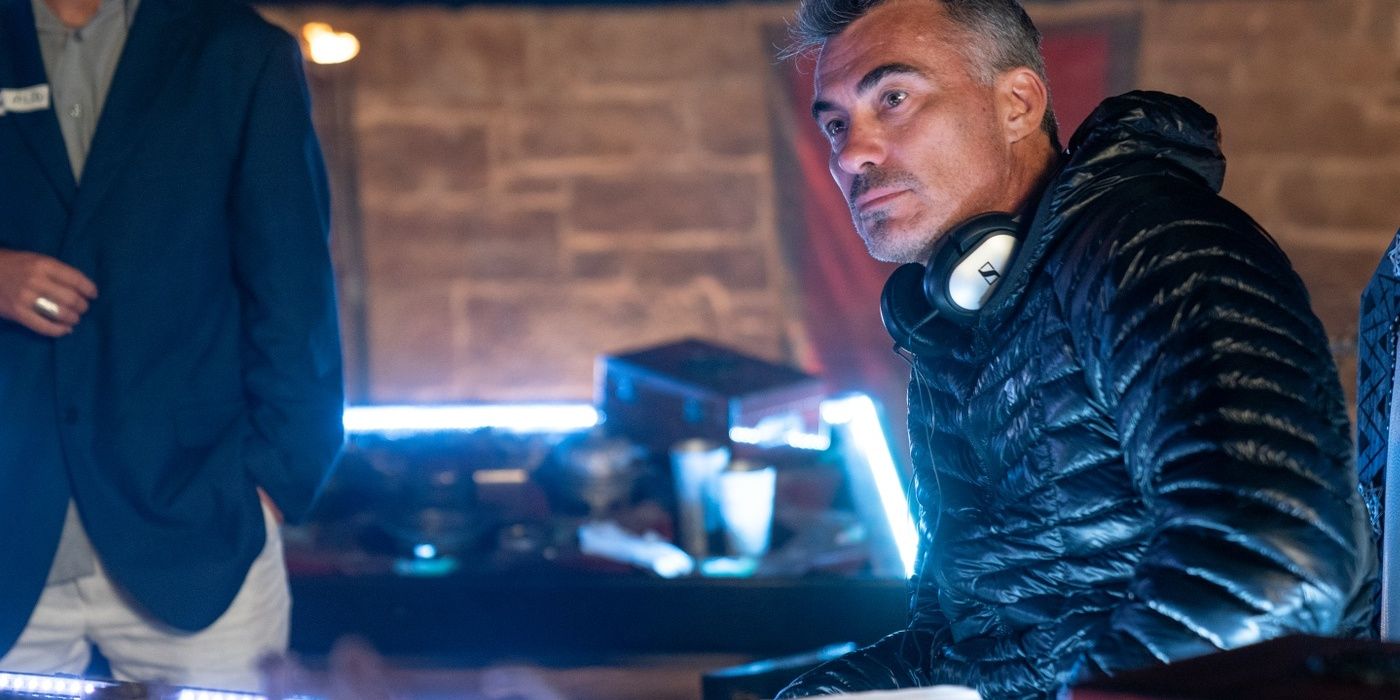From Alfred Hitchcock to David Fincher, the thriller genre has undergone a lot of changes, evolving from simple third act twists to psychological open-ended conclusions. Noir, social satire, horror, sci-fi; filmmakers over the years have attempted to blend many genres together with that of the thriller, making it one of the most accessible and popular genres in cinema today.
While auteurs like David Fincher and Martin Scorsese created several riveting thrillers after the 2000s, the only visionary directors that are being considered in this list either began their career or found their big break in the 21st century.
The Safdie Brothers
Josh and Bennie Safdie have written and directed only two films as of now, but they have established a trademark style with both of these modern classics. Their works include the neon-themed Good Time starring a constantly experimental Robert Pattinson, and the fast-paced dark comedy Uncut Gems that served as a comeback vehicle for Adam Sandler.
The Safdie Brothers’ films are increasingly engaging and interactive, dragging viewers into all their adrenaline-fueled comedy and drama. Their characters are perpetually restless in pursuit of a certain goal, a fact established by speedy editing, shaky cinematography, and loud, blaring music.
Bong Joon-ho
South Korean maestro Bong Joon-ho has been in recent news after scoring three Oscars for his social thriller Parasite, which also became the first non-English film to win a Best Picture Oscar. But he has been in the game since the early 2000s. His debut Barking Dogs Never Bite might be remembered only by die-hard fans, but he attained great popularity after Memories of Murder, an investigative account of South Korea’s first case of serial killings.
Before Parasite, he followed up his breakthrough with monster films like The Host and Okja, the sci-fi dystopian thriller Snowpiercer, and the revenge drama Mother. His films might be thematically different from each other, but he always ensures there’s some commentary of social inequality present in his works.
Lynne Ramsay
Lynne Ramsay began her career in the late 90s with critically-acclaimed dramas that unfortunately had little to no cinematic release. However, the Scotswoman won over new fans with her 2011 psychological thriller We Need To Talk About Kevin. The film displayed Tilda Swinton’s acting prowess to the fullest while introducing the world to Ezra Miller. Miller stars as a troubled child who has committed incomprehensible horrors. The thriller attempts to understand how his mother would confront these horrors in complex ways.
Ramsay’s follow-up was You Were Never Really Here, a slow-burning crime thriller starring Joaquin Phoenix in one of his most emotionally-driven roles.
Darren Aronofsky
His debut Pi might have received a limited release, but Darren Aronofsky ruled the first two decades of the 21st century, turning into an undefeated titan of the psychological thriller genre. One of his earliest thrillers, Requiem For A Dream, was a disturbingly real yet moving portrayal of individuals experiencing serious substance abuse problems.
Black Swan might be considered as his magnum opus, as it has all the classic Aronofsky tropes to get into the haunting psyche of the protagonist. The tale of an obsessively ambitious ballerina blends surreal horror with psychological thriller elements. Even his highly polarizing adaptation of the Bible, Mother!, functions as an innovative thriller.
Paul Greengrass
Doug Liman ushered in a cinematic era for the amnesiac special agent Jason Bourne with The Bourne Identity. But Paul Greengrass’ vision with the spy thriller sequels The Bourne Ultimatum and The Bourne Supremacy took the franchise to new heights. The films saw a considerable improvement in their multi-layered plots, elaborate action sequences, and shaky-cam cinematography.
Greengrass has mastered the skill of building genuine, real-time tension, as can be seen from United 93 that detailed the efforts of passengers fighting off hijackers on the day of 9/11. Captain Phillips is another real-life dramatization that attempts to understand the stress that a shipping crew undergoes while being raided by Somali pirates, who themselves are desperate under their circumstances.
Taylor Sheridan
Taylor Sheridan had been an actor in Sons of Anarchy and wrote the screenplays for thrillers like Sicario. He has just two directorial credits under his name, but both have been massively acclaimed. Hell or High Water is set in rural Texas while Wind River takes place in a snowy Wyoming Reservation. Both settings are different, but the feeling of solitude in a changing American landscape is always looming.
Sheridan is noted for incorporating social undertones related to racism while humanizing his troubled characters. Due to their atmospheric brilliance, both his films serve as well-written neo-Western thrillers.
Asghar Farhadi
Iranian director Asghar Farhadi is mostly known for his two Oscar-winning dramas, A Separation and The Salesman. At first glance, both films would just seem like realistic human dramas but they are in fact, paced like a thriller.
A Separation deals with a divorced couple dealing with a case of assault on a maid in which the divorcee husband is blamed. Heavy on intense dialogue, the film functions as an effective legal thriller. Unlike other thriller directors, Farhadi doesn’t keep any surprising third-act twists. The suspense is instead revealed through subtle cues. The same style of filmmaking can be seen in The Salesman, an Iranian adaptation of Arthur Miller’s play The Death of a Salesman.
Denis Villeneuve
With Arrival and Blade Runner 2049, Denis Villeneuve has established himself as one of the most influential sci-fi directors working today. However, he has delivered some memorable thrillers too, with his English debut Prisoners that revolves around a case of kidnapping and the extent to which the abducted child’s father goes to seek justice.
Sicario is another compelling thriller about Mexican drug cartels and American law enforcers trying to stop them. Both films are driven by an ominous mystery and deeply layered portrayals of both positive and negative characters.
Chad Stahelski
American stuntman Chad Stahelski established himself as a director with John Wick (which he co-directed with David Leitch) and its two sequels. The John Wick trilogy is arguably the finest action thriller series in current times, catapulting its leading man Keanu Reeves back in the mainstream.
Reeves stars as the titular hitman who’s forced out of retirement after his pet dog is killed. There’s no looking back from then onward, as Wick undergoes a roller coaster ride of endless violence all over the world as he gets entangled with a league of assassins. Stahelski’s experience with stunt work shows, as he orchestrates some high-end hand-to-hand combats and vehicle chases, offering visceral thrills to the viewers.
Park Chan-wook
The hyperviolent revenge thriller Oldboy might be Park Chan-wook’s most popular project, with it still influencing pop culture today. But the South Korean director and former film critic has had several modern-day cult thrillers in his filmography, including the psychological thriller The Handmaiden.
The director has a fascination with themes of vengeance, as can be seen from Sympathy for Mr. Vengeance and Lady Vengeance. His films deal with the philosophy of morality, marked by choreographed action, traumatized characters, and a whole lot of bloodshed.

